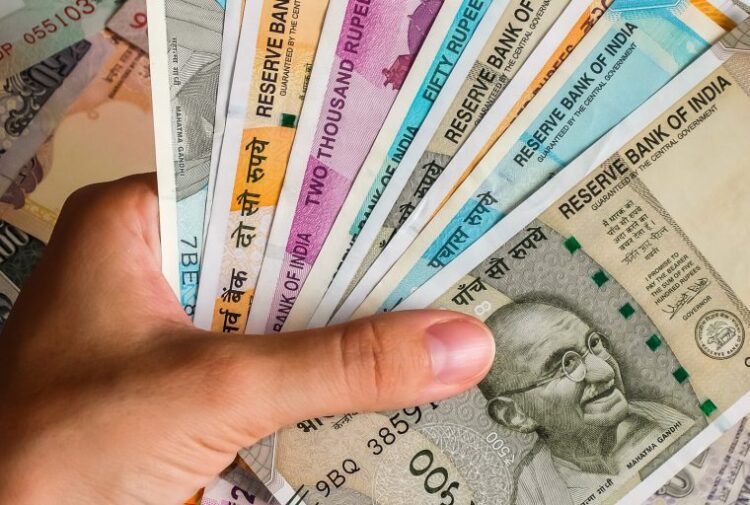This article is aimed at Indians who live and work abroad. Most of the more than 30 million Indians living overseas are officially classified either as Non-Resident Indians (NRIs), Persons of Indian Origin (PIOs) or Overseas Citizens of India (OCIs).
Although these Indians live outside the country for most of the year, they often need to maintain bank accounts in India for several purposes, which may range from supporting their families to buying assets (including real estate) and investing toward retirement.
According to the Foreign Exchange Management Act (FEMA), NRIs, PIOs, and OCIs, can maintain three types of accounts, namely NRE, NRO, and FCNR. The former two are discussed here.
NRE

source: timesofindia.indiatimes.com
A Non-Resident External Rupee (NRE) account is a convenient way to transfer and accumulate your overseas earnings through remittances to India. NRE Savings are maintained in Indian rupees (INR). Multiple types of NRE accounts are possible.
These include salary, savings, current, recurring, term deposits, and others. The money in your NRE account (NREA) can be easily withdrawn in cash or used in India for any of your family’s needs, such as bill payments. Most banks also give you an international debit card linked to your account. One of the best features of an NRE is that the interest earned is exempt from Indian income tax.
Moreover, the funds in NRE savings account are fully repatriable. This means you can freely transfer your money to an overseas account, usually by adding account holders as beneficiaries. If you bring any foreign currency in cash along with you to India, having an NREA allows you to deposit it directly into your account at your bank’s current exchange rates.
You are usually required to maintain a minimum balance in your NREA to avoid certain (maintenance) charges. The minimum balance requirement differs from the type of NREA. It also depends on your bank and branch type (rural, urban, etc.). Some banks readily extend INR loans against NRE deposits.
You can open an NREA while visiting India. Most nationalized and private banks in India offer this service. Some of them also offer to open NREAs for Indians living abroad through their overseas offices (without you having to travel to India).
Before starting an NREA, some banks may require you to close your Resident Indian (domestic) account if you have one with the same bank. Alternatively they may convert the same account to an NRE. An NREA can also be held jointly with other NRIs, PIOs, or OCIs as per your bank’s terms. NRE funds can be transferred to start an NRO account.
NRO

source: bitcoin.com
A Non-Resident Ordinary Rupee (NRO) account has many of the same features as an NRE. You can get a loan against your NRO savings, money can be withdrawn in rupees to make payments, it can be opened jointly with other NRIs, PIOs or OCIs, and multiple NRO account (NROA) types are available.
There are some important differences between NRO and NREAs.
While NRE interests are exempt from Indian income tax, the interest income on an NROA is subject to the deduction of tax at source @ 30.90%. Interest exceeding ten million INR is subject to an even higher tax bracket. The only exception to this rule applies when the account holder is a resident in a country that has a DTAA (Double Taxation Avoidance Agreement) with India. In such cases, the tax is deducted as per the DTAA taxation rates.
NREA balance and interest are fully repatriable, while balances in an NROA are only partly repatriable, subject to an overall ceiling of USD 1 million per financial year. There is also more paperwork required with NRO repatriations.
You are not allowed to deposit any of your income generated in India into your NRE account. NRE can only be used for your overseas earnings. As an extension to this clause, an NREA can be held jointly with an NRI/PIO/OCI, but not with a resident Indian. An NROA can be used to deposit domestic income as well as overseas earnings and can be held jointly with a resident Indian.
There are some other subtle differences, as well. Some banks offer a domestic (not international) debit card with an NRO account. The minimum balance requirements for NRO can be lower than an NRE.
In summary

cnbc.com
You should have an NRE account if you
- lan to repatriate holdings in excess of 10 million INR
- Want to enjoy tax-free interest on your bank deposit to India
- Want to operate a joint account with another NRI
- Do not have any domestic earnings in India
You are recommended to get an NRO account if you
- Have overseas as well as domestic earnings
- Want to jointly operate your account with a resident Indian (such as your spouse or parent)
While working abroad, you can use Ria Money Transfer to directly deposit to an NRE or NRO bank account in India Using your US bank account, credit card, or debit card to fund the transaction.

